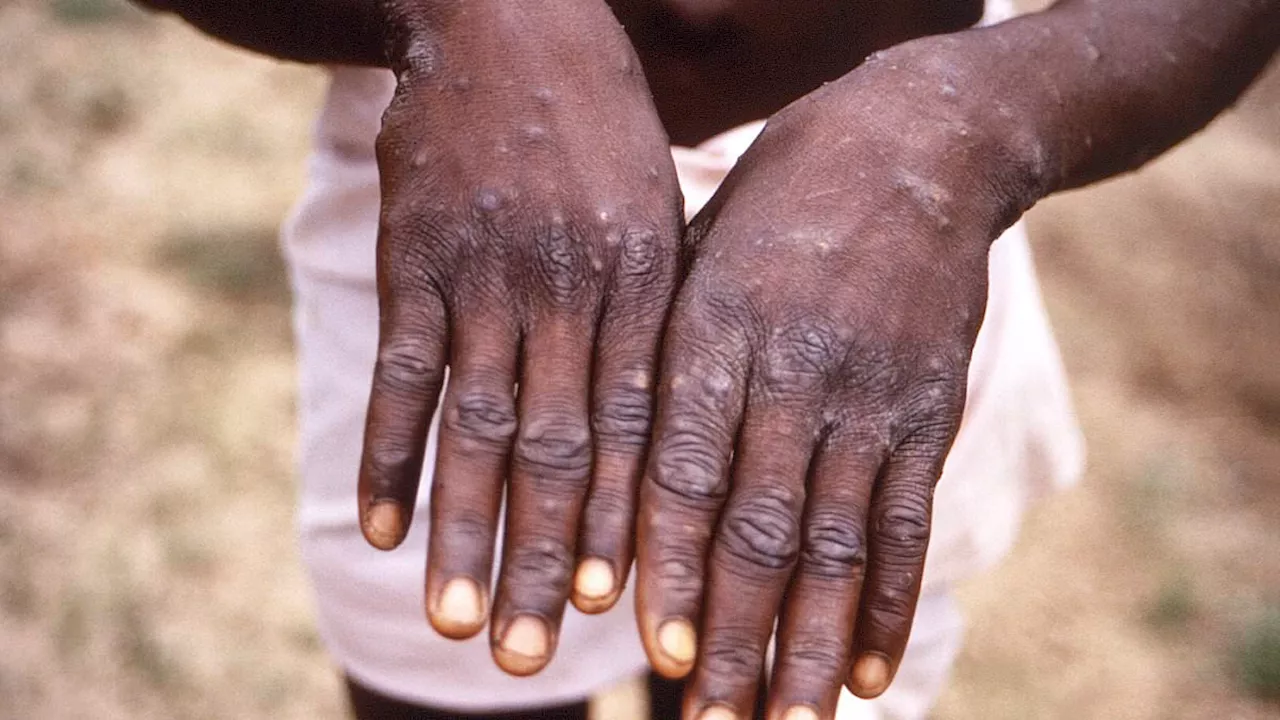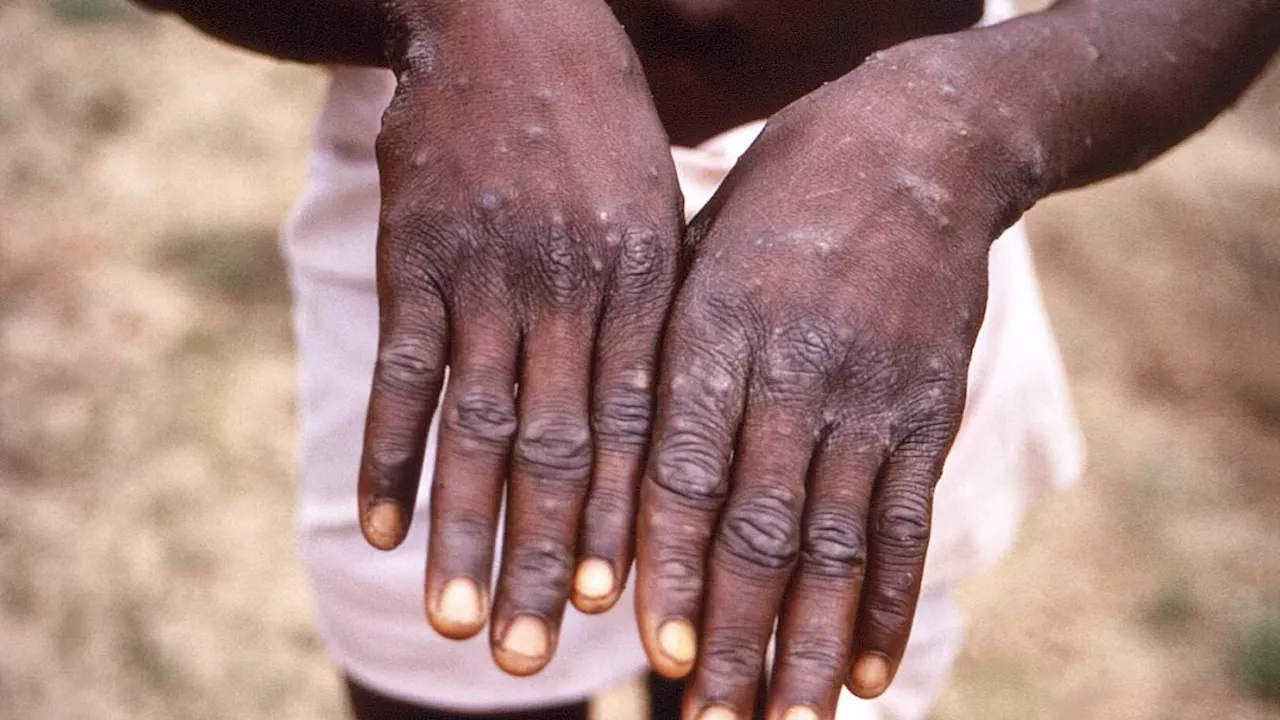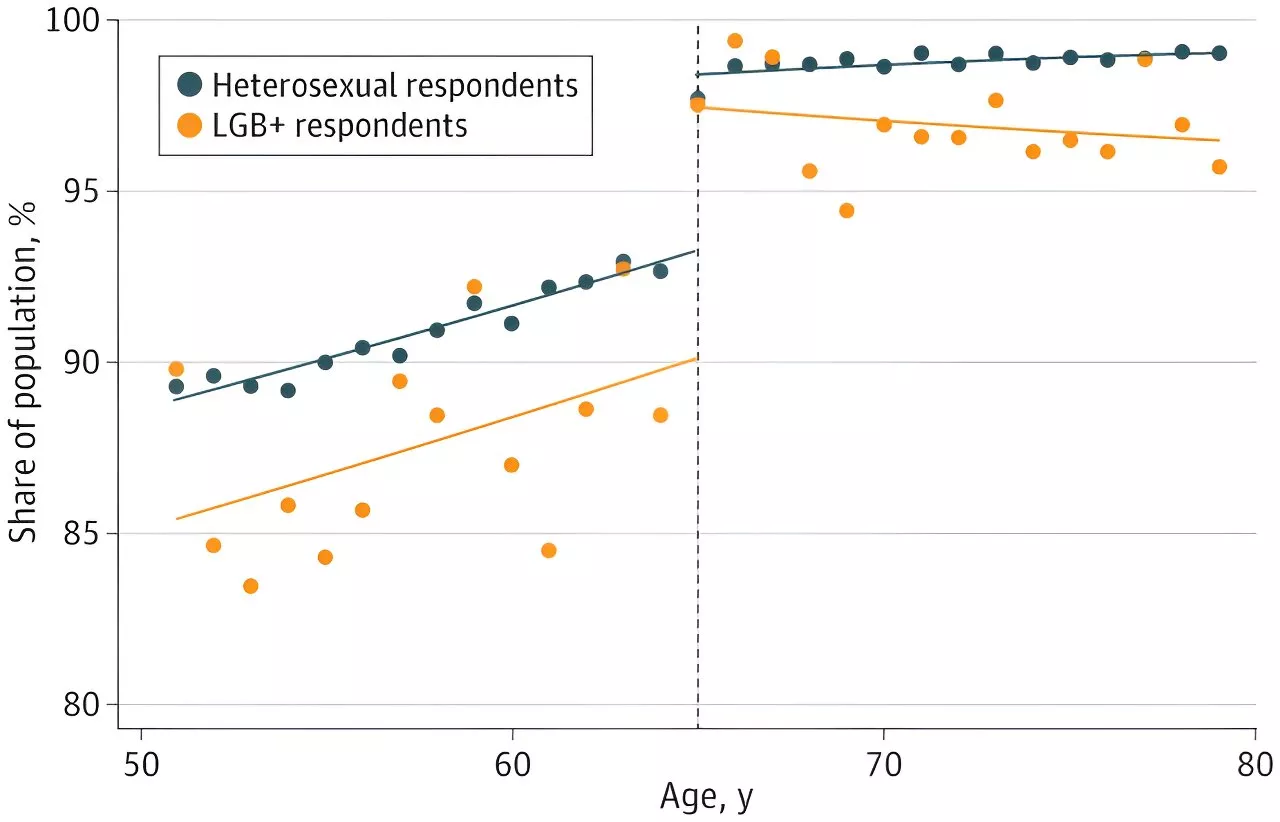The investigational drug elinzanetant significantly reduces the frequency and severity of hot flashes associated with menopause while improving women's quality of life, new UVA Health research published in the prestigious Journal of the American Medical Association shows.
University of Virginia Health SystemAug 22 2024 The investigational drug elinzanetant significantly reduces the frequency and severity of hot flash es associated with menopause while improving women's quality of life, new UVA Health research published in the prestigious Journal of the American Medical Association shows.
The women who received elinzanetant reported rapid improvements in their symptoms and quality of life. The trials revealed statistically significant reductions in hot flash frequency and severity within the first week in both trials. At the same time, sleep quality and overall quality of life improved in both trials by week 12.
"There is a huge unmet need for new treatments for hot flashes.
In addition to evaluating the drug's effect on hot flashes, sleep disruptions, and quality of life, the researchers also looked for potential side effects. Headache and fatigue were the most common, and these were mild. Importantly, there were no severe side effects, which is reassuring for the drug's safety.
Estrogen Fatigue Frequency Hormone Medicine Menopause Placebo Research Sleep
United Kingdom Latest News, United Kingdom Headlines
Similar News:You can also read news stories similar to this one that we have collected from other news sources.
 Investigational drug shows promise in treating rare blood disease in fetusesData from a new investigational drug that could alter the standard treatment for a rare blood disease suggests it has the potential to delay or prevent anemia and the need for intrauterine blood transfusions in babies who are at high risk for the condition, known as Hemolytic Disease of the Fetus and Newborn (HDFN).
Investigational drug shows promise in treating rare blood disease in fetusesData from a new investigational drug that could alter the standard treatment for a rare blood disease suggests it has the potential to delay or prevent anemia and the need for intrauterine blood transfusions in babies who are at high risk for the condition, known as Hemolytic Disease of the Fetus and Newborn (HDFN).
Read more »
 Intervention for cleaning shared health care equipment could significantly reduce health care–associated infectionsCleaning shared medical equipment at least once a day—even with a disinfectant wipe—can significantly reduce infections in hospitals and possibly save lives, new research shows.
Intervention for cleaning shared health care equipment could significantly reduce health care–associated infectionsCleaning shared medical equipment at least once a day—even with a disinfectant wipe—can significantly reduce infections in hospitals and possibly save lives, new research shows.
Read more »
 World Health Organization declares ultra-deadly monkeypox strain a public health emergency of...The World Health Organization on Wednesday declared mpox a global public health emergency for the second time in two years.
World Health Organization declares ultra-deadly monkeypox strain a public health emergency of...The World Health Organization on Wednesday declared mpox a global public health emergency for the second time in two years.
Read more »
 World Health Organization declares ultra-deadly monkeypox strain a public health emergency of...The World Health Organization on Wednesday declared mpox a global public health emergency for the second time in two years.
World Health Organization declares ultra-deadly monkeypox strain a public health emergency of...The World Health Organization on Wednesday declared mpox a global public health emergency for the second time in two years.
Read more »
 ‘Our mental health system has not been invested in’ – mental health consultant on Nottingham attacksWe spoke to Julian Hendy, the founder of the Hundred Families charity, and Dr Colin King, a mental health survivor who's become a practitioner himself.
‘Our mental health system has not been invested in’ – mental health consultant on Nottingham attacksWe spoke to Julian Hendy, the founder of the Hundred Families charity, and Dr Colin King, a mental health survivor who's become a practitioner himself.
Read more »
 Study finds the LGBTQI+ population have less access to health care, worse health outcomes, less insuranceMembers of the LGBTQI+ population experience less access to health care, worse health outcomes, and higher rates of uninsurance than their counterparts, research has shown. To expand coverage and address health care disparities affecting LGBTQI+ populations, some U.S. lawmakers have proposed lowering the Medicare eligibility age from 65 to 60.
Study finds the LGBTQI+ population have less access to health care, worse health outcomes, less insuranceMembers of the LGBTQI+ population experience less access to health care, worse health outcomes, and higher rates of uninsurance than their counterparts, research has shown. To expand coverage and address health care disparities affecting LGBTQI+ populations, some U.S. lawmakers have proposed lowering the Medicare eligibility age from 65 to 60.
Read more »
